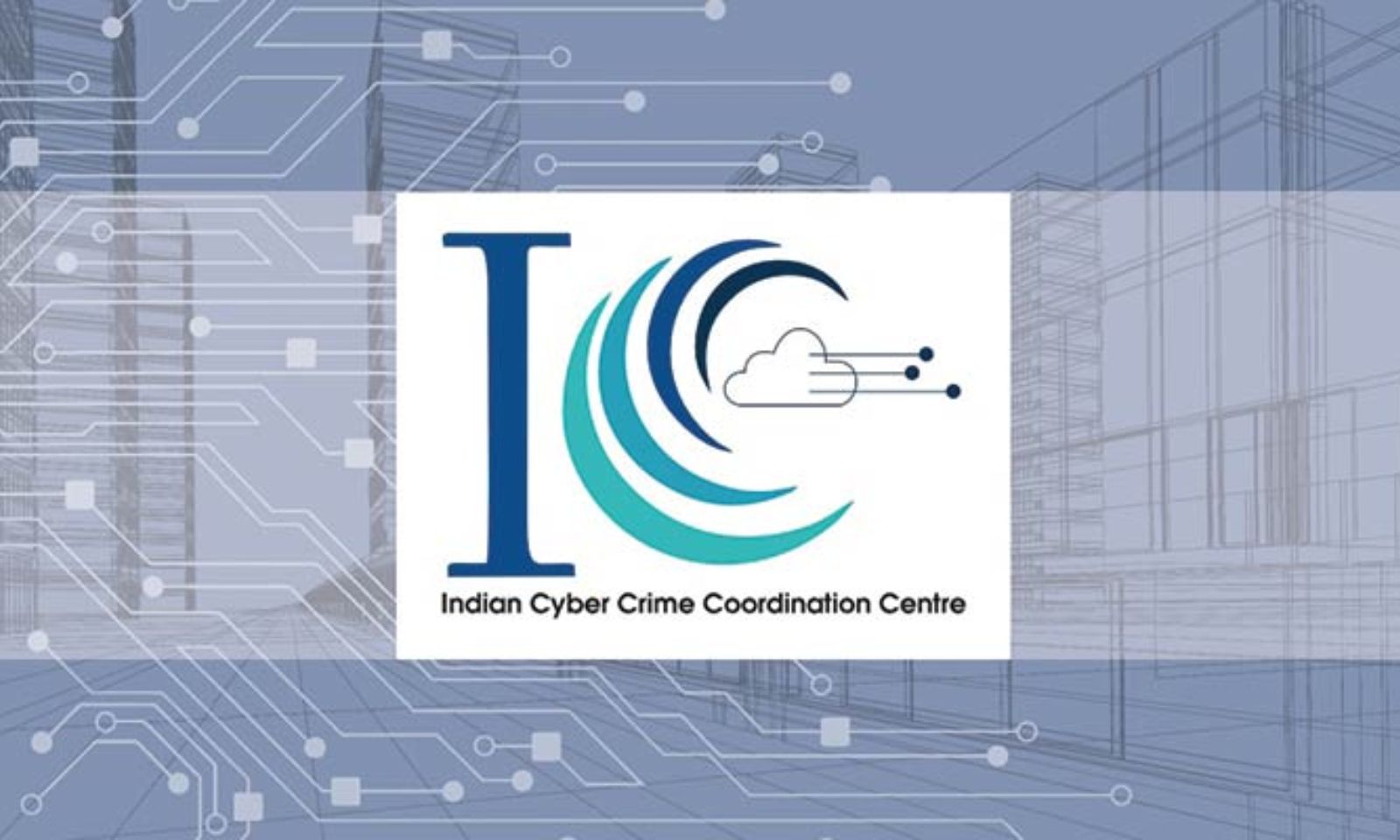Cyber Crime
Government Empowers I4C To Expedite Takedown of Illegal Online Content

In a crucial step to strengthen India’s fight against cybercrime, the central government has designated the Indian Cyber Crime Coordination Centre (I4C) as the official agency to notify law enforcement authorities about unlawful activities in cyberspace. This move, outlined in a notification issued by the Ministry of Home Affairs (MHA) on March 13, 2024, empowers the I4C to play a more central role in tackling online threats.
ALSO READ: I4C’s Cybercrime Combat: Inside India’s Strategic Battle Against Digital Threats
Established by the MHA, the I4C functions as the national focal point for cybercrime coordination. It fosters collaboration among various law enforcement agencies and works to develop a comprehensive framework for combating cyber threats. This designation under the Information Technology Act, 2000, grants the I4C the authority to identify and report instances where information, data, or communication channels residing on platforms controlled by intermediaries (like social media companies) are being used for criminal activities.
“In exercise of the powers conferred by clause (b) of sub-section (3) of section 79 of the Information Technology Act 2000, Central Government being the appropriate government hereby designate the Indian Cyber Crime Coordination Centre (I4C), to be the agency of the Ministry of Home Affairs to perform the functions under clause (b) of sub-section (3) of section 79 of Information Technology Act, 2000 and to notify the instances of information, data or communication link residing in or connected to a computer resource controlled by the intermediary being used to commit the unlawful act,” an official notification said.
Previously, the process of notifying law enforcement about such activities may have involved multiple stakeholders. By empowering the I4C as a central reporting agency, the government aims to streamline the process and ensure a swifter response to cyberattacks. This improved coordination is expected to bolster India’s defenses against cybercrime and enhance the security of its digital infrastructure.
Explaining the update a senior officials said, previously, law enforcement agencies (LEAs) faced delays in addressing sensitive and unlawful online content due to the need to contact multiple agencies and platforms. This fragmented approach hindered timely action.
The officer added, to streamline this process, the Indian Cyber Crime Coordination Centre (I4C) has been designated as the central reporting agency. Leveraging its existing coordination network with state authorities, the I4C can now directly notify social media platforms or online service providers regarding takedown requests for such content. This centralized approach is expected to expedite the removal of harmful material and enhance overall responsiveness to cybercrime threats.
Under Section 69A of the IT Act, the power to block access to unlawful links and content remains with the Ministry of Electronics and Information Technology (MeiTY). Currently, the Ministry of Electronics and Information Technology (MeiTY) is responsible for issuing notices to social media platforms and internet service providers to remove unlawful content online in India. This action is part of the government’s ongoing efforts to regulate digital content and ensure a safer online environment by addressing issues like misinformation, hate speech, and other illegal activities.
What is I4C
The Indian Cybercrime Coordination Centre (I4C) is the central point of contact in India’s fight against cybercrime. Established by the Ministry of Home Affairs (MHA), it acts as a bridge between various law enforcement agencies (LEAs) and plays a crucial role in coordinating efforts to combat online threats.
Here’s a breakdown of I4C’s work and its impact on cybercrime:
- Centralized Coordination: Prior to I4C, tackling cybercrime often involved multiple agencies working independently. I4C brings these agencies together, fostering communication and collaboration. This ensures a unified approach to investigations and a quicker response to cyberattacks.
- Improved Information Sharing: I4C facilitates the exchange of cyber threat intelligence amongst LEAs. This allows them to stay updated on the latest cybercrime trends and modus operandi used by criminals. With shared knowledge, agencies can proactively identify and prevent cyberattacks.
- Capacity Building: I4C works to improve the capabilities of LEAs in handling cybercrime investigations. This includes training personnel, developing forensic tools, and establishing best practices. By enhancing the skills of law enforcement, I4C helps ensure they have the resources necessary to effectively combat cyber threats.
- Legal Framework Development: I4C plays a role in analyzing existing cybercrime laws and proposing amendments to keep pace with the evolving nature of cyber threats. Advocacy for stronger legal frameworks allows for better prosecution of cybercriminals.
- International Cooperation: Cybercrime transcends borders. I4C works with international law enforcement agencies to facilitate cross-border investigations and apprehend cybercriminals operating from outside India. This global collaboration strengthens the fight against cybercrime on a wider scale.
While specific details of cases solved by I4C may not be publicly available, its work has undoubtedly contributed to:
- Reduced Response Time: Improved communication and coordination allow for a swifter response to cyberattacks, minimizing potential damage.
- Enhanced Investigation Capabilities: With better-trained personnel and access to advanced tools, LEAs are better equipped to conduct cybercrime investigations, leading to a higher rate of successful prosecutions.
- Deterrence Effect: Increased focus on cybercrime by law enforcement agencies sends a strong message to potential cybercriminals, potentially deterring them from committing crimes in the first place.
The I4C remains a crucial element in India’s cybersecurity strategy. As cyber threats continue to evolve, the Centre’s role in coordinating and strengthening the country’s cyber defenses will become even more critical in the years to come.
